Advantages of biomass energy
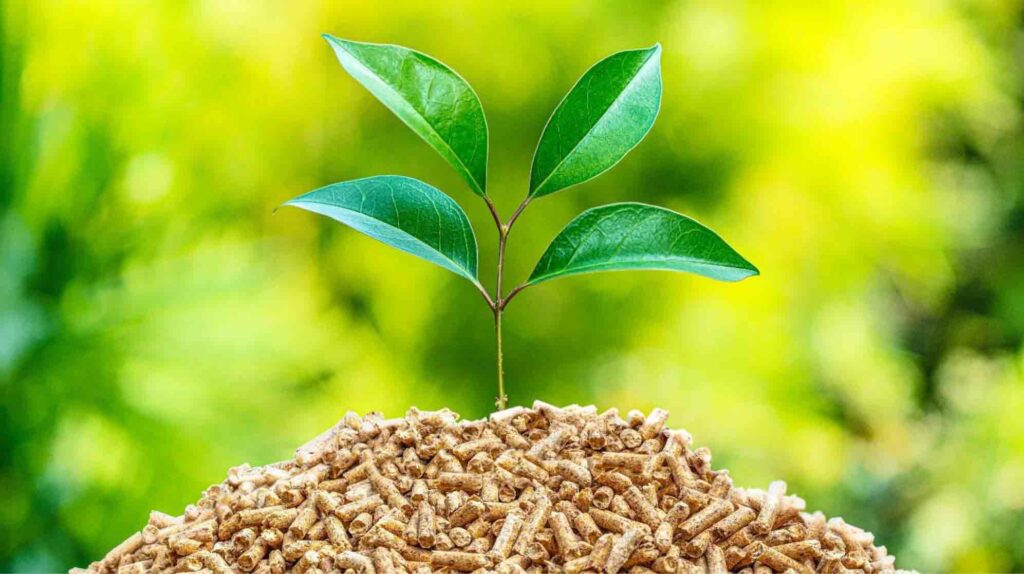
When talking about biomass energy, there’s still a huge lack of knowledge on the topic. Wind and solar energy supplies are nowadays overloaded with information, articles and news, but that’s because those are the most easy-to-see. However, there are even more methods to generate renewable energy systems with sustainable business models, that’s the topic we […]
The importance of separate waste collection
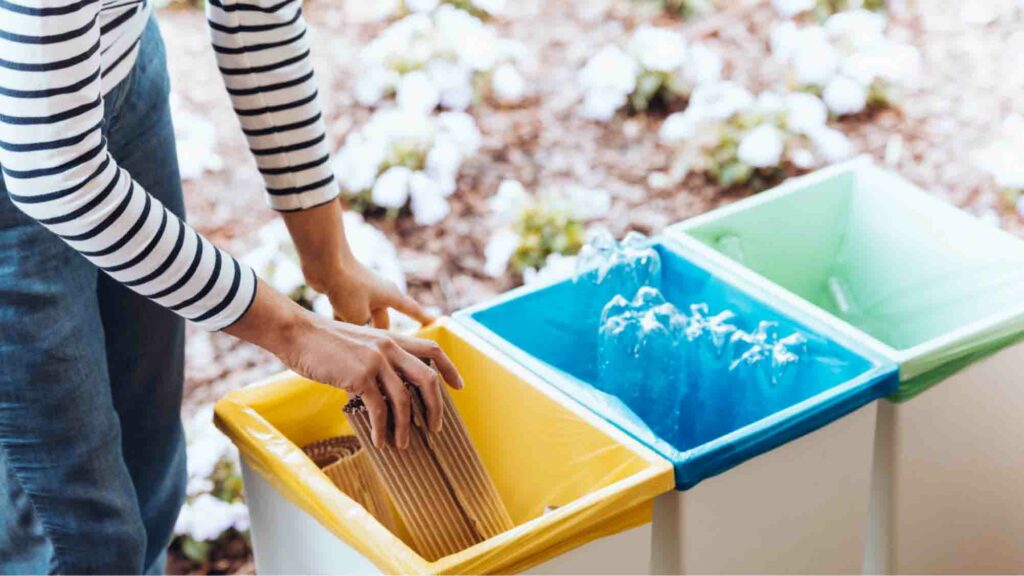
Sometimes it may seem tiring and useless, but differentiating waste based on the material it is made of is one of the most important practices to be adopted every day to reduce the environmental impact, that’s why it is important for us at Alkebulan to write about this topic. For those unfamiliar with this management […]
Use of Briquettes in Kenya

Briquettes are our main business at Alkebulan, we provide sustainable briquettes and enhance local sustainable cooperation through a Collaborative Economy. But what are our briquettes useful for and what is their potential? Let’s find out in our latest article. Introduction to briquettes Briquettes are produced from a variety of Agricultural waste or wood residues and […]
History of Sustainability

What is sustainability? Sustainability, nowadays is one of the most pronounced words we hear everyday, but what is it in particular? This is the main topic in the latest article on our Blog at Alkebulan. This term has been commonly defined as the development model capable of ensuring the satisfaction of the needs of the […]
Technology innovation as a driver for circular economy

Technology and innovation applied to the circular economy are effective tools to adopt for the growth of start-ups, industries and manufacturing companies. But how does this system work and on what principles is it based? In this week’s article within our Blog, at Alkebulan we’ll discover the advantages that the more efficient use of resources […]
Non Carbonized Briquettes – What We Should Know
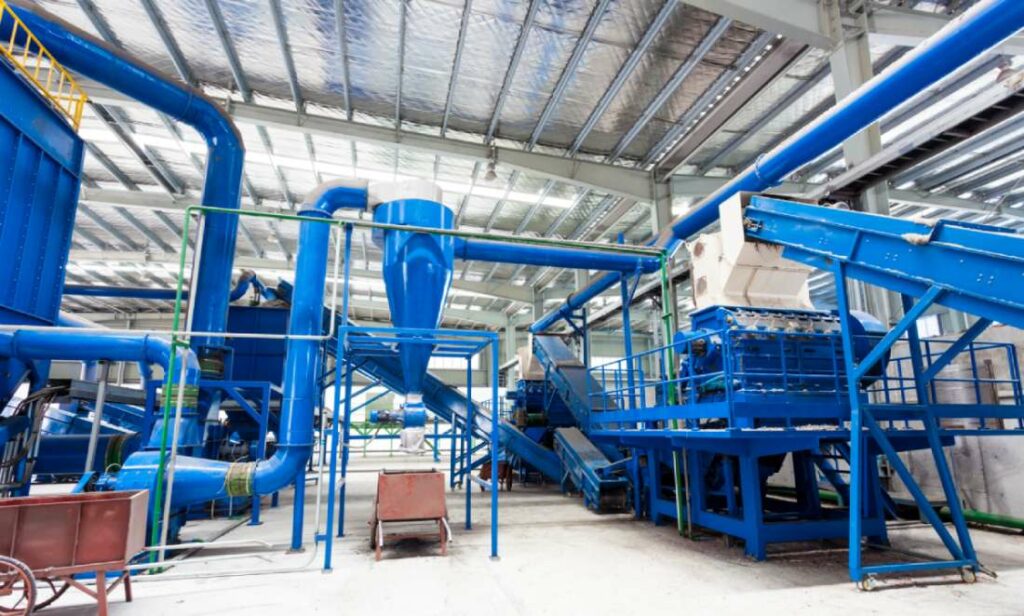
Alkebulan uses sugarcane bagasse to create its non-carbonized briquettes. There are 12 sugar mills in Kenya which produce 2.4 million tons of bagasse each year that still remains unused. Additionally, the energy potential for the unutilized bagasse is predicted to reach 300 MW (Global Bioenergy Partnership, 2019). Sugarcane bagasse is the part of the sugarcane […]
Increasing local cooperation through briquettes
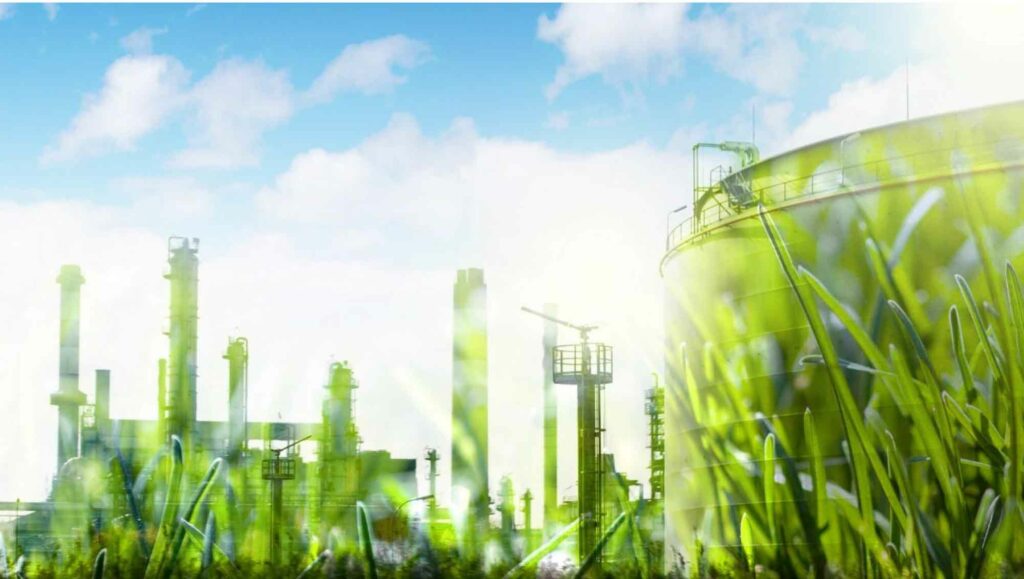
Enhancing collaboration As mentioned on our Blog, Collaborative Economy is recently born and still developing economic model that embraces very different initiatives and projects, from digital platforms where you can offer goods and services to cohousing spaces. In fact, this economic model enhances the concept of sharing and using an asset rather than buying it […]
Industrial Symbiosis and Collaborative Economy

Industrial Symbiosis, genealogy of the term By industrial symbiosis we mean the interaction between different industrial plants, grouped in districts or at a useful distance to make the operation feasible, used in order to maximize the reuse of resources, normally considered waste and optimizing the knowledge and skills between companies. That’s the key topic we […]
Circular Economy In Urban Areas, Sustainable Strategies
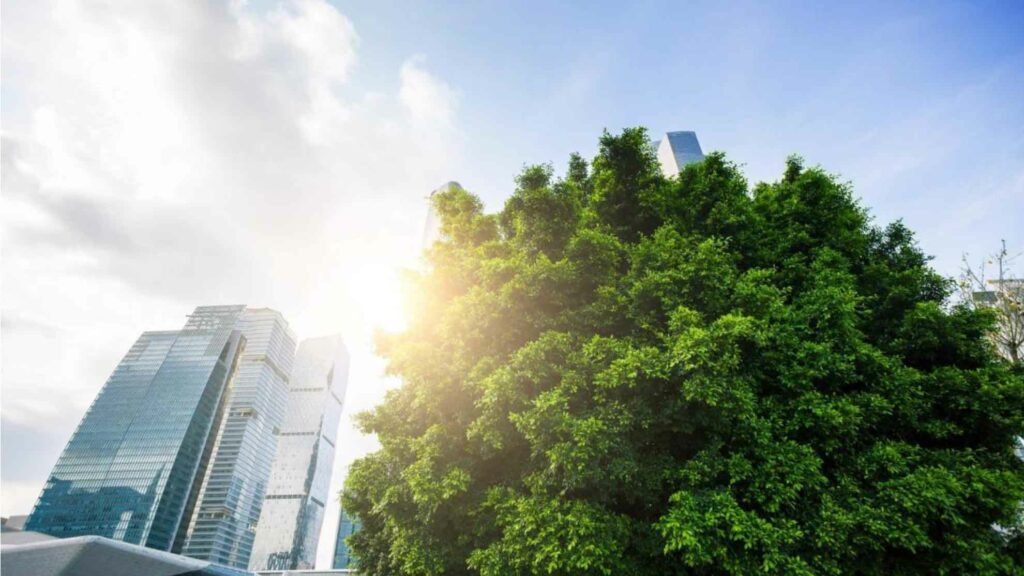
As previously mentioned in our Blog, Circular Economy is the only possible development model for current and future generations. Nowadays there’s a crucial need to switch from linear to circular production processes, that’s also the reason why Alkebulan was born with a sustainable business model till the very first steps. A key asset for sustainable […]
Non-Carbonised Briquettes
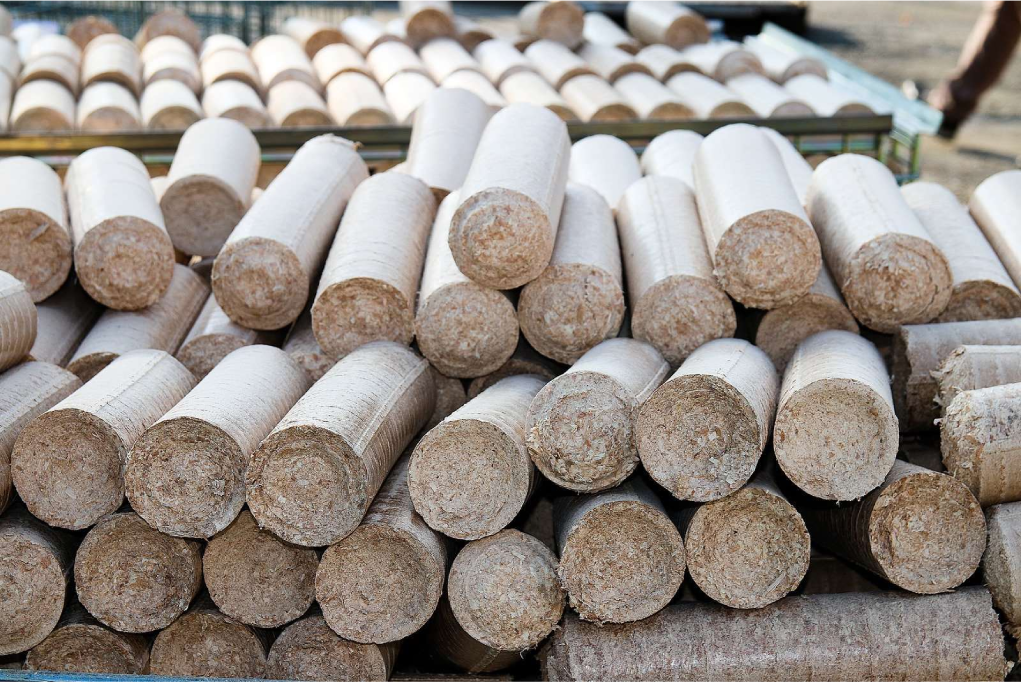
In Kenya, non-carbonized briquettes from waste are a burgeoning part of the eco-friendly energy scheme. Briquettes are made from agricultural waste that has been sieved to remove large pieces, such as glass and stone. High pressure and high temperature are applied to the resulting mixture which causes the lignin (organic polymers that create important structural […]
